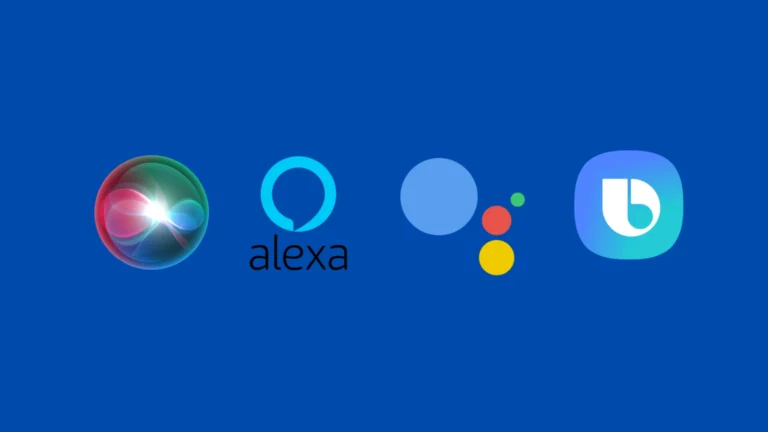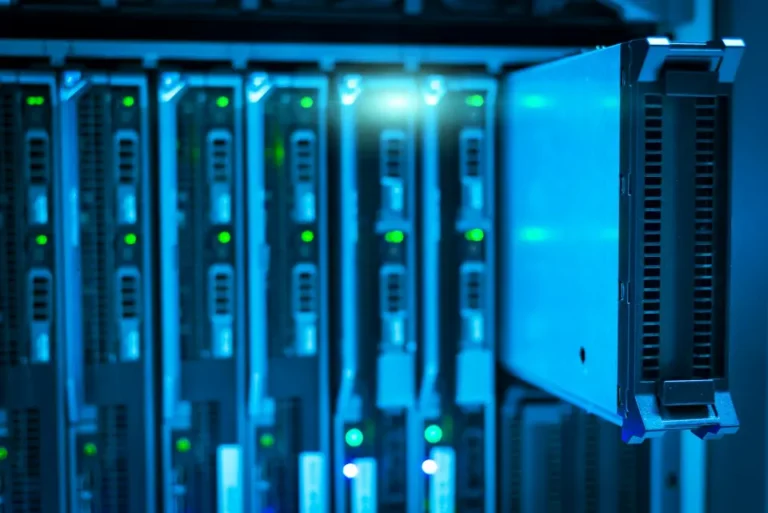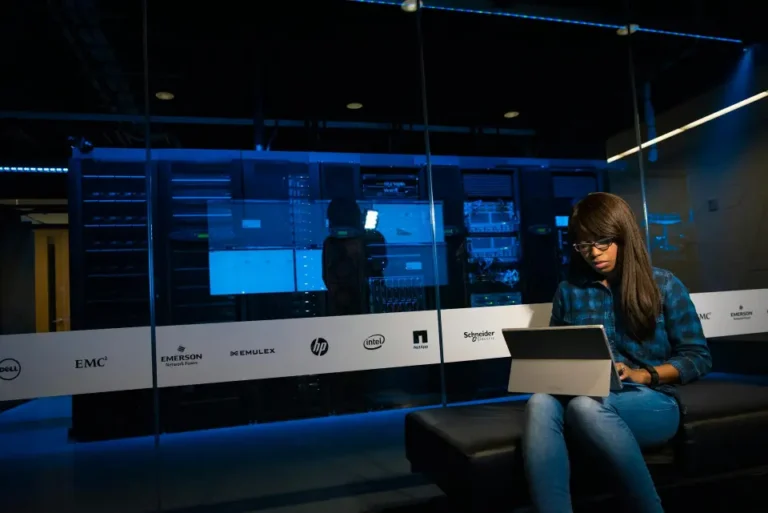Whether you’re a business executive, a freelancer, or a busy student, managing multiple tasks efficiently can often feel overwhelming. But what if you had an assistant who could help organize your schedule, handle mundane tasks, and provide intelligent insights—24/7? That’s where AI powered personal assistants come into play, offering the future of productivity and efficiency.
Over the last few years, advancements in Artificial Intelligence (AI) have led to the creation of personal assistants that go beyond simple voice recognition. These AI-powered assistants can handle complex tasks, learn from user behavior, and even predict needs based on past interactions. In this article, we will explore how AI-powered personal assistants are transforming productivity, improving efficiency, and shaping the future of work.
Quick Navigation ↓
What is an AI-Powered Personal Assistant?

An AI-powered personal assistant is a software application designed to assist with a variety of tasks by leveraging machine learning, natural language processing (NLP), and automation. Unlike traditional assistants, AI-powered tools are capable of understanding and interpreting human language, learning from past interactions, and providing real-time responses. These assistants are built to manage everything from setting reminders to providing recommendations, drafting emails, and even making decisions based on data insights.
Popular examples of AI-powered personal assistants include Apple’s Siri, Google Assistant, Amazon’s Alexa, and Microsoft’s Cortana. But the most advanced AI-powered assistants go far beyond voice commands—they’re tailored to meet specific needs, such as scheduling, data organization, task management, and customer relationship management.
The Role of AI-Powered Assistants in Boosting Productivity
1. Task Automation and Delegation
One of the greatest benefits of an AI-powered personal assistant is its ability to automate repetitive tasks. Whether it’s scheduling meetings, answering emails, setting reminders, or organizing your to-do list, these assistants can handle routine tasks without requiring constant input. This automation frees up valuable time, allowing you to focus on higher-priority tasks that require your expertise and creativity.
For example, imagine you are working on an important project and have to handle multiple meetings and deadlines. An AI assistant can automatically schedule meetings, send follow-up reminders, and even reschedule tasks based on real-time changes. This eliminates the need for constant manual oversight, allowing you to stay focused and productive.
2. Personalization and Smart Recommendations
AI-powered personal assistants learn from your interactions and preferences, making them increasingly effective over time. They don’t just perform tasks—they anticipate your needs. For instance, if you regularly book flights or order food at specific times, your AI assistant can suggest these actions without you having to ask. This predictive capability saves you time and mental energy, offering a truly personalized experience.
If you’re a business owner or entrepreneur, an AI assistant could even assist you with customer relationship management by automatically analyzing customer data and suggesting outreach strategies based on patterns and insights.
3. Seamless Integration with Tools and Apps
AI-powered assistants can integrate with various tools and applications you use daily, ensuring a smooth workflow. Whether you use project management software like Asana or Trello, calendars like Google Calendar, or collaboration tools like Slack, your AI assistant can sync with these platforms to streamline your processes.
For instance, an AI assistant can help manage your email inbox, categorize messages, respond to routine inquiries, and alert you to urgent emails. It can also access your calendar to schedule meetings, manage appointments, and ensure you never miss important events. The more these assistants integrate into your work environment, the more streamlined and efficient your processes become.
4. Enhanced Decision-Making with Data Insights
AI assistants are also invaluable when it comes to data analysis and decision-making. By collecting and processing data from multiple sources, these assistants can help you make informed decisions. They can track trends, analyze performance metrics, and provide insights that are critical to improving your productivity.
For example, if you’re running an e-commerce business, your AI assistant can analyze sales data and suggest strategies to boost conversions or optimize your marketing efforts. With AI-powered assistants, decision-making becomes less about guesswork and more about data-driven results.
AI-Powered Assistants in Everyday Life
While AI assistants are commonly used in business and professional environments, their impact on everyday life is equally profound. From managing personal finances to organizing daily routines, AI assistants are helping individuals streamline tasks at home and at work.
1. Personal Productivity Management
On a personal level, AI assistants can track your goals, suggest optimal daily routines, and remind you of important tasks. They can help you stick to your personal resolutions—whether that’s exercising regularly, meditating, or learning a new language. Imagine an AI assistant that not only reminds you to go for a run but also suggests workout plans based on your preferences and tracks your progress over time.
For example, I use an AI-powered personal assistant to organize my workday. It helps me balance content creation, client meetings, and personal time. Instead of manually updating my to-do list every day, my assistant suggests the most efficient schedule based on my workload and available time. It’s like having a personal productivity coach at your fingertips.
2. Enhancing Personal Life
In addition to managing work-related tasks, AI assistants can also make life at home more efficient. They can help with grocery shopping, suggest recipes based on what’s in your fridge, and even track household chores. In fact, smart assistants like Amazon Alexa or Google Assistant can control your smart home devices, adjust the thermostat, and play music—all with a simple voice command.
3. Virtual Shopping Assistant
AI assistants are also changing the way we shop. With machine learning algorithms, these assistants can learn your preferences, recommend products, and even make purchases on your behalf. Imagine shopping online with an AI that knows exactly what you like and can automatically find discounts or better deals, saving you time and money.
The Future of AI-Powered Personal Assistants
As AI technology continues to evolve, the capabilities of personal assistants will only improve. In the future, AI assistants will likely become even more intelligent, predictive, and integrated into every aspect of our lives.
1. Enhanced Emotional Intelligence
One area where AI-powered assistants are expected to improve is emotional intelligence. By recognizing human emotions through voice tone, facial expressions, or behavioral patterns, AI assistants could provide a more personalized and empathetic experience. This could make them better equipped to assist with complex human tasks, such as mental health support or sensitive customer service interactions.
2. Autonomous Workflow Management
In the coming years, AI-powered assistants could take on even more advanced roles, such as managing entire workflows autonomously. This means an assistant could not only automate tasks but also make decisions about how to prioritize them, which projects to focus on, and when to delegate. AI assistants will become true virtual collaborators, capable of taking charge of large projects and managing intricate processes seamlessly.
3. Integration with Advanced Technologies
AI assistants will likely integrate more deeply with other cutting-edge technologies, such as virtual reality (VR), augmented reality (AR), and blockchain. Imagine using an AI assistant in a VR workspace, where it helps you navigate 3D environments and interact with colleagues from around the world.
Conclusion: Embracing the Future of AI-Powered Productivity
AI-powered personal assistants are no longer just a futuristic concept; they are an essential tool for anyone looking to increase productivity and efficiency. Whether in business or personal life, these intelligent assistants are here to stay, transforming the way we work, communicate, and manage our time.
As someone who regularly relies on AI-powered tools, I can attest to how much they’ve enhanced my own productivity. From managing multiple projects to maintaining a balanced schedule, AI assistants are invaluable partners in the pursuit of efficiency. The future of work will undoubtedly be shaped by these intelligent assistants, and those who embrace this technology will find themselves ahead of the curve.
As AI continues to evolve, one thing is certain: the future of productivity is powered by artificial intelligence, and the possibilities are endless.








